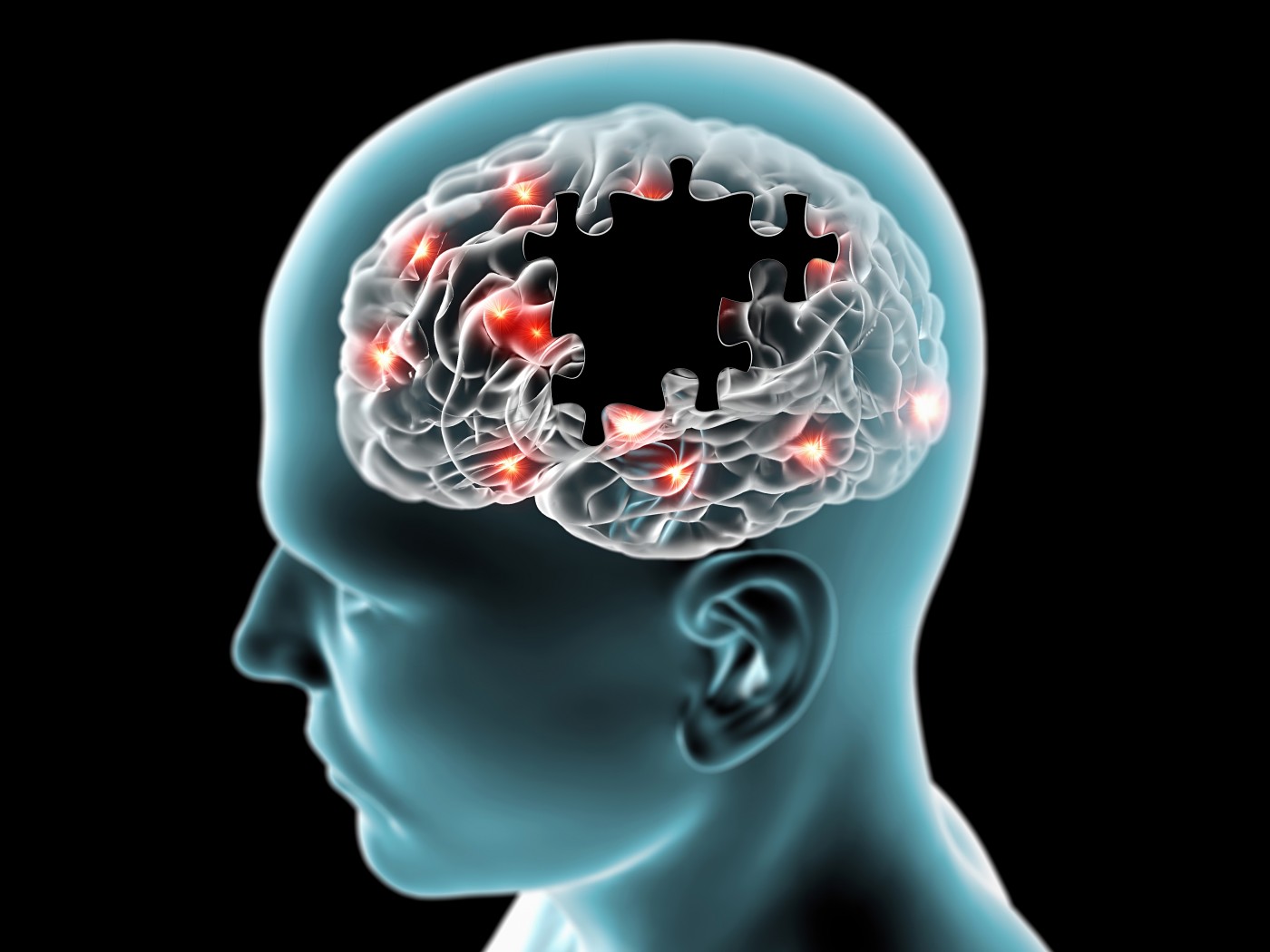Alzheimer’s Researchers Point to Defective Mitochondria Protein as Potential Therapeutic Target

A recent study revealed a new role for the mitochondria protein PITRM as a potential key player in Alzheimer’s disease. Future research is expected to reveal its role in other neurodegenerative diseases and establish its potential as a new therapeutic target in these types of diseases.
The study, “Defective PITRM1 mitochondrial peptidase is associated with Aβ amyloidotic neurodegeneration,” was published in the journal EMBO Molecular Medicine.
“When the level of PITRM1 in the cells decreases, this leads to an increase in the deposition of protein sediment in the brain,” said researcher Janniche Torsvik, of the Mitochondrial Medicine & Neurogenetics (MMN) research group at Norway’s University of Bergen Department of Clinical Medicine, in a press release.
Researchers at the University of Bergen and Haukeland University Hospital studied a family that harbored gene defects resulting in reduced amounts of the PITRM1 protein, with family members exhibiting major physical and psychological problems.
Torsvik said the family had reduced amounts of the PITRM1 protein and had become increasingly ill. “Scans of their brains confirmed the damage, and when we tested mice with the same loss of PITRM1, these too had neurological problems and protein deposition in the brain,” he said.
Key study findings are important to obtain a deeper understanding of the intricate mechanisms underlying neurodegenerative diseases, Torsvik said.
“The results conclude a long discussion about the relationship between mitochondria and accumulation of amyloid in the brain. We have found that mitochondria play a crucial role in the process of protein deposition,” he said.
Continuing research on PITRM and its role on other neurodegenerative diseases is the focus of Prof. Laurence A. Bindoff, leading researcher of the Mitochondrial Medicine & Neurogenetics research group at the University of Bergen.
“Our aim is that this research will help us find medications to prevent or delay diseases like Alzheimer’s,” Bindoff said. He has applied to become a Norwegian Center of Excellence (SFF), a program administered by the Research Council of Norway.
Now in the final round for SFF status, the new facility is to be called The Center for Research into Age-Related Neurodegenerative Diseases (NeuroAge).
Researchers from the University of Bergen and Haukeland University Hospital worked with the MRC Mitochondrial Biology Unit at the University of Cambridge in England, led by Massimo Zeviani.






